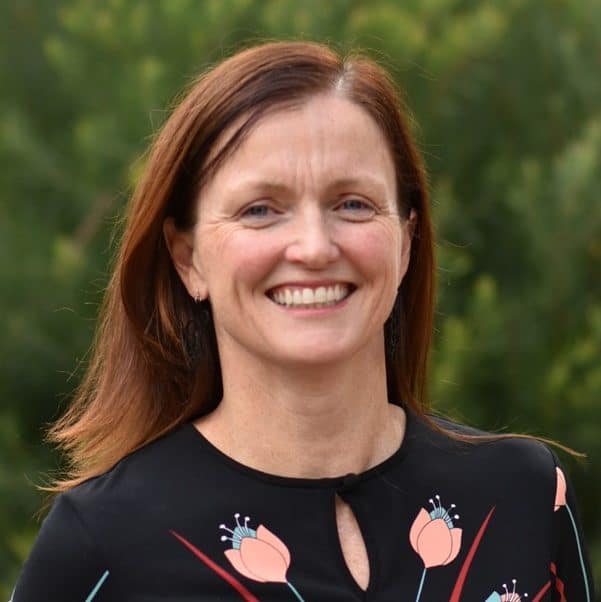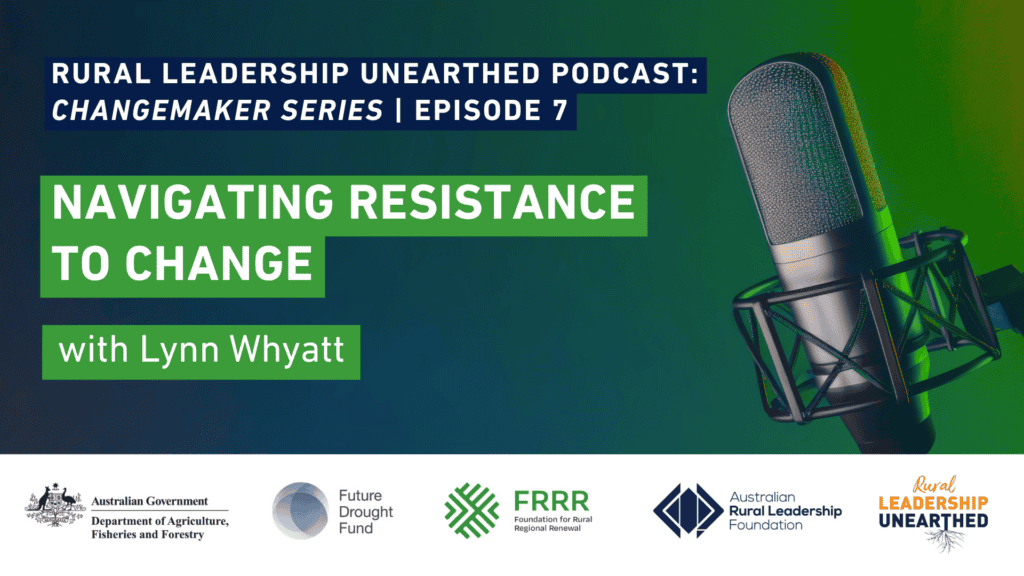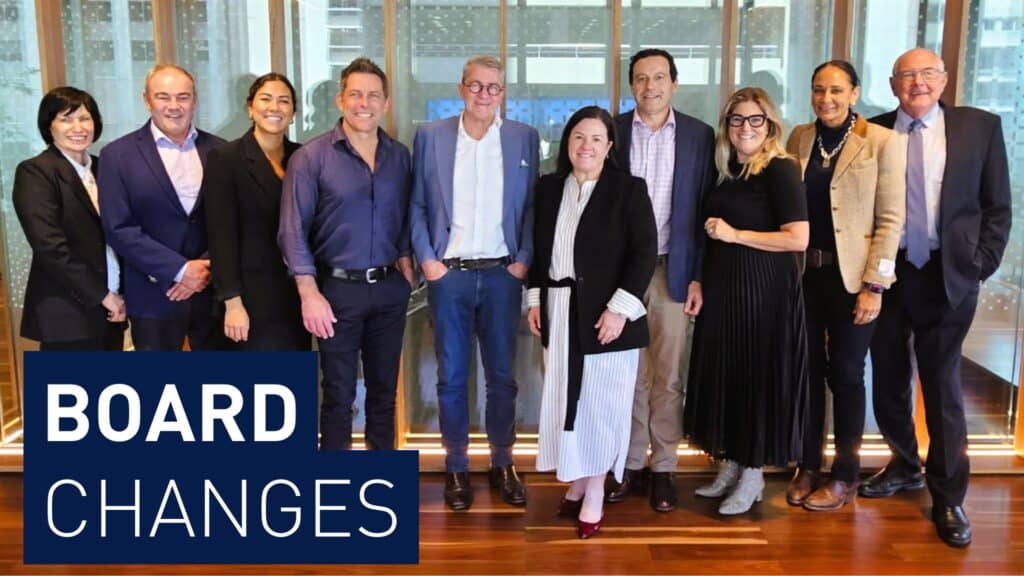The Australian Rural Leadership Foundation, along with partner organisations the Regional Australia Institute, Leadership Victoria, Leadership Western Australia, the Leaders Institute of South Australia, and Tasmanian Leaders has been successful in receiving funding for ten regional leadership development programs under the Building Resilient Regional Leaders Initiative (Pilot).
The leadership development and networking program focusses on current and emerging leaders in ten regions with communities in transition, including:
- Queensland: Wide Bay Burnett and Charters Towers – Reef
- New South Wales: Riverine Plains and Northern Rivers
- Victoria: Latrobe – Central-East Gippsland
- South Australia: Northern – Yorke
- Western Australia: Midwest Coastal – Geraldton and Goldfields – Esperance
- Tasmania: Northwest – King Island
- Northern Territory: Alice Springs – Southern
ARLF Partnerships Director Philippa Woodhill says the collaboration was a lever for change for regional Australia and the collaborators alike.
‘Our organisations have been involved in leadership development and working with rural, regional and remote people and communities for decades,’ she said.
‘This collective wisdom leverages the best of what Australian leadership not-for-profit space has to offer.
‘For the Australian Rural Leadership Foundation this means we are walking the talk in terms of what we encourage participants on our programs to do – build networks and collaborate.
‘We look forward to partnering with more regional organisations and people on the ground.’
The program will develop leadership and resilience skills for current and emerging leaders in each region and connect them with other leaders, mentors, and experts both locally and across the country. While the program itself remains under development, it is likely to see future forums in all regions for 50 to 80 people, followed by five-day intensive courses for up to 25 participants alongside networking, coaching sessions, and events.
‘It’s the entire arsenal of leadership development and networking opportunities to develop deeper connections to support the regions’ economic and social wellbeing,’ Mrs Woodhill said.
‘Our experience tells us that building regional resilience is not just about the ability to bounce back from adversity – it is about the ability to bounce forward and to build a future the community has identified.
‘Leadership networks involving a diversity of people across each region, are an essential part of adapting to change and realising a better future for our regions.’
More information to come.





